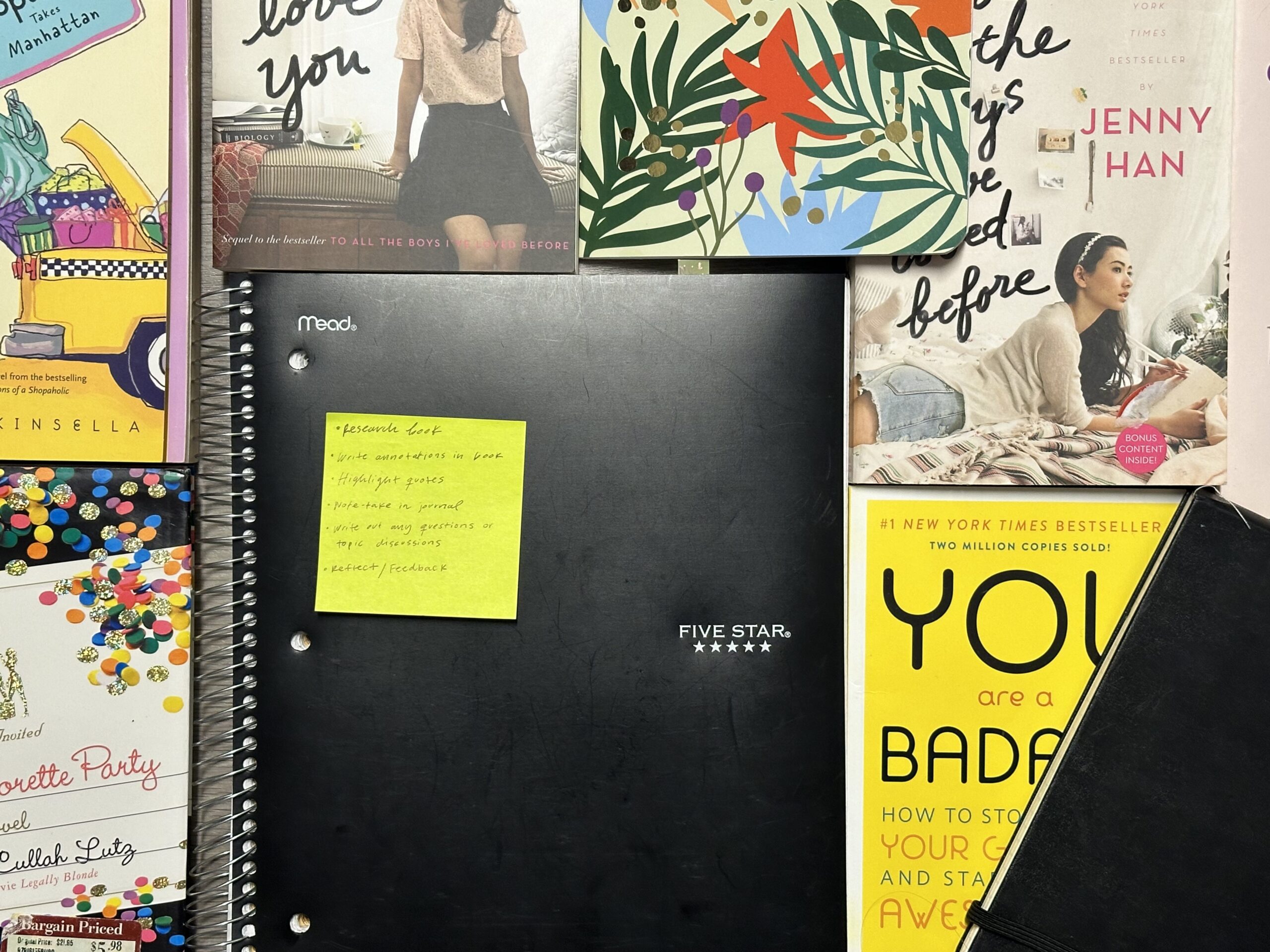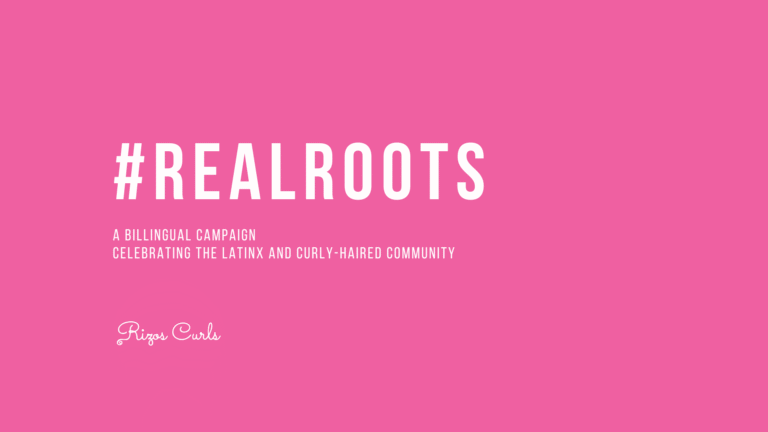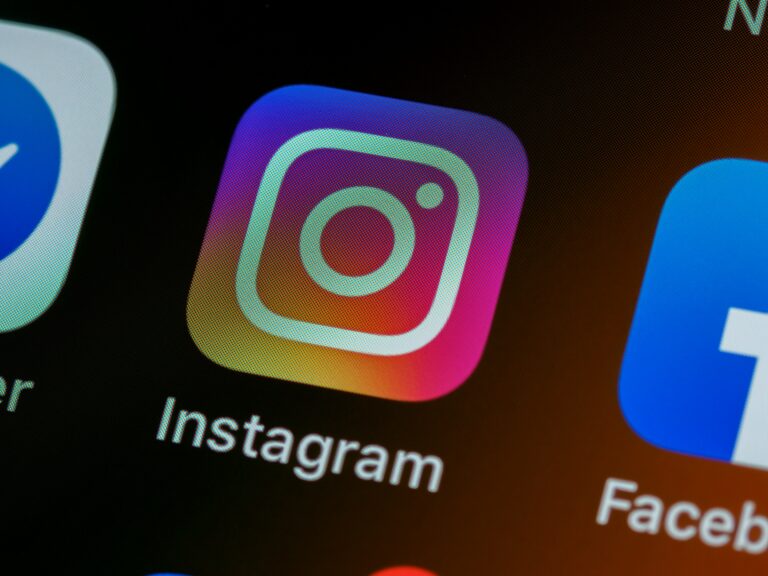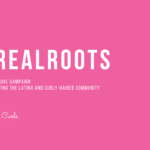Before social media consumed a significant part of my time, reading books was one of my favorite hobbies. I remember spending time after class reading a new book from my classroom’s shelf or ending the night with a book in hand. I enjoyed it so much that I would read late into the night, often getting scolded by my mom. It was entertaining, and I never thought I’d stop, even when I switched from physical books to reading online. But at some point, I lost motivation. It became more of a task than a fun pastime.
What is Reading? And How To Read?
Reading is a complex process. Conducted in a linear fashion, it focuses on one thing for a sustained period, meant to immerse you in a world and provide you with abundant knowledge. It’s a skill that never goes away, right? Well, according to Michael Harris, everyone has forgotten how to read, but no one wants to talk about it. New and fast-evolving technology is changing the way we read, not what we are reading. There are ways to remember how to read, methods I plan to implement so I can return to being the book-lover I once was.
In his article, I Have Forgotten How to Read, Harris outlines four key strategies to relearn how to read. First, stick to the basics: read at your own pace, read what you like, and adopt a simple note-taking method. Second, research the book before reading: look up the author, historical context, and real-life implications. Third, while reading, take notes, stay focused, visualize the content, and keep mental models in mind. The more you write, the more active your brain becomes. Go crazy with writing in the book—even drawing a picture to better understand what is happening. This is a key lesson I’ve taken away from the article, as I always considered books sacred, not to be marked up.
Harris also mentions the importance of mental models, such as leverage: “using lessons from a book to gain a disproportionate advantage.” All of this becomes more effective when you choose the right time and place to read, allowing you to enter a “flow state” for better comprehension. Finally, after reading, reflect and seek feedback. Relay the information to someone else or to yourself. Think about how you’ll apply key lessons to your life and catalog your notes to maintain an unlimited source of wisdom and ideas. Books are a treasure, and the wealth they offer can never be replaced by the internet and fast media.
Not Paying Attention or Mind-Wandering?
Everyone knows that attention is like a spotlight. According to Stolen Focus: Why You Can’t Pay Attention, attention is “selectively attending to something in the environment.” What many forget is that there are different forms of attention. It was once believed that when you’re doing nothing, your brain is dormant, waiting for something to activate it. However, it’s been revealed that the brain is highly active when at rest, with activity shifting from one part to another. Neuroscientist Marcus Raichle calls this the “Default Mode Network,” a crucial component for focus and understanding. When we mind-wander, we make sense of the world around us and form new connections.
Nathan Spreng, a professor of neurology and neurosurgery, explains that creativity is “a new association between two things that were already there.” Mind-wandering allows more associations to unfold and can even provide solutions to problems. In a world dominated by skimming and going too fast, mind-wandering is a necessary form of attention. While focus narrows your attention to one thing, mind-wandering lets you step back and digest information. Without it, reading wouldn’t make any sense.
Boredom and Social Media Addiction
Mind-wandering is essential for focus, but it can also bring up stressful thoughts and lead to ruminative thinking. To escape these thoughts, many people turn to social media, seeking constant entertainment. While it was once assumed that with a wider range of media, people would be less bored, it’s actually a growing trend in young people. Dr. Katy Tam explains that “we feel bored when there’s a gap between how engaged we are and how engaged we want to be.” The boredom we experience while scrolling is often overpowered by the good feelings we get from it.
Social media are manipulators, it targets the brain’s reward system, triggering a release of dopamine. This quick and effective strategy can lead to addiction. In fact, a survey done in 2019 by Statista, found that “approximately 40 percent of US online users aged between 18-22 reported that they felt addicted to social media.” This major consumption of online platforms also has a negative effect on mental health. Humans are social beings with various social needs. Author Deren Bulut describes in his article the damages that spending too much time online can have. By limiting face-to-face communication, individuals can develop feelings of social isolation and depression, can lower their levels of socioemotional functioning, make it hard for them to differentiate real and virtual worlds, and lose the ability of self-control.
Although research on the effects of social media on focus is still limited, there is hope for healing our minds. Engaging with media on a deeper level and reflecting on what we learn can help. Our brain is a muscle: it needs regular exercise to see results.








